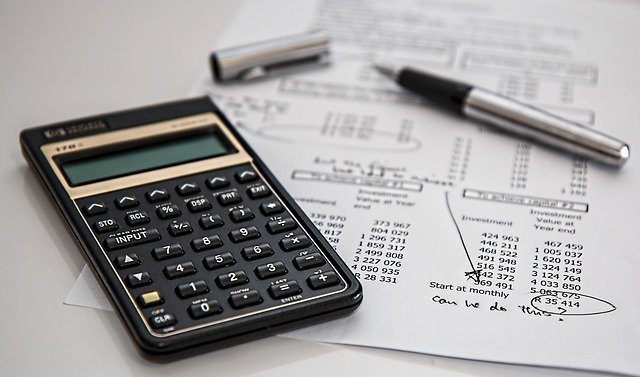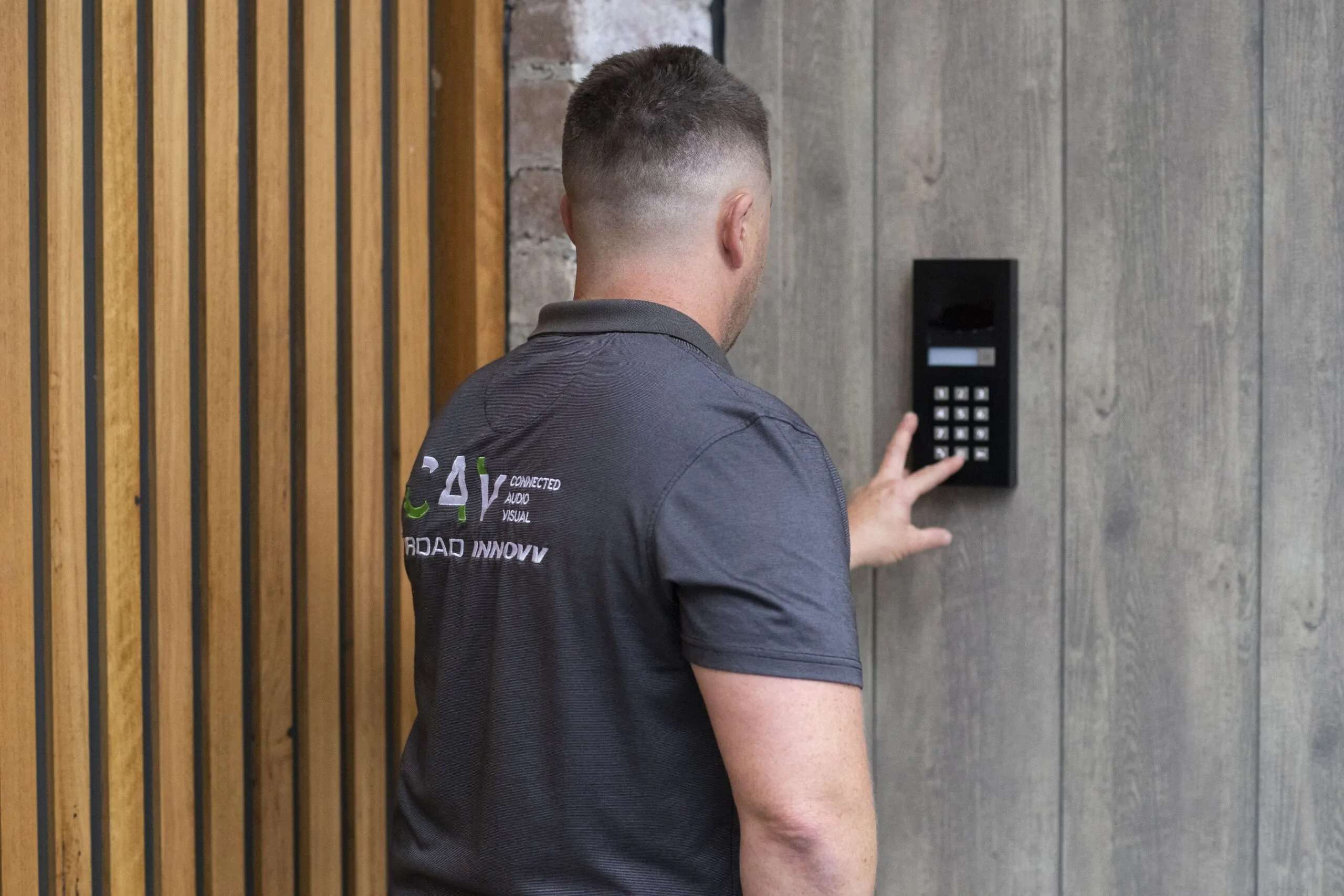Getting a handle on your personal finances is always important, but recent global uncertainty has increased the urgency. With the right tool for you, knowing where your money is going can be simple, but if you’ve never budgeted before, it can be confusing.
Electronic Options
There are many electronic apps and open source personal finance tools that will allow you to bring together all of your accounts, your debts, and your income sources for easier management. If you’ve already got a tracking system in place, moving this data over can be quite simple, and many of these tools give you a quick view of a dashboard that will allow you to study your personal spending habits and adjust as needed.
Paper and Pencil
For those who’ve always wanted a budget but never knew where to start, there three critical tools needed. Start with cash, a small notebook, and a pencil. Keep things as simple as humanly possible to start.
Working with cash only will make money real to you. If you’ve always used cards, you may be surprised at how quickly you run out of cash. Keep your receipts in your notebook and write down every time you spend money. Be aware that this exercise isn’t about beating yourself up. It’s about becoming aware of money.
If your credit card debt or your expenses are high enough that your income needs to go toward bills and cash isn’t readily available, you may need to consider a debt consolidation loan or another loan that draws on equity of something you already own. However, be aware that these loans do have drawbacks and may require collateral.
Consider the Timing
If you’re new to budgeting, write down each amount you spend every time you buy something. As you become more cognizant, you can start tracking every week. Additionally, take a look at your receipts and start classifying your expenses. Simple categories such as
- Food (necessary)
- Food (junk / entertainment)
- Rent
- Transportation
- Insurance
- Housing
- Utilities
will become obvious as you track your spending.
Use a Calendar
Use a calendar to track your paydays and the days you spend. As you track, you’ll also see patterns of when your spending gets excessive. It’s recommended that we not shop for food when hungry. If you shop online, it may be interesting to note when you make smart purchases and when you buy things that don’t serve you.
Total Balance Vs. Interest Rate
In your chosen tracking tool, make sure to enter in your total amount due for every account and the interest rate you pay. If you can keep this in a spreadsheet, you can easily rank your debts by total due and by interest rate.
As you track, you’ll find that you actually have some money left over at the end of the month. Study your debts and consider whether to pay them off in a snowball or avalanche pattern. Snowball debt payments wipe out the smallest amount and roll that payment over the next smallest amount. Avalanche payments wipe out debt according to the interest rate.
Consider What Money is Costing You
In the above scenario, finding cheaper money can help a lot. For example, you can reduce interest rates by borrowing against a 0% APR credit card and paying down that debt within the time allotted. However, this can impact your credit rating if you max the borrowing card.
Borrowing from a friend or family member is another option. However, if there’s even a chance that you won’t be able to pay it back, don’t. Never burn a relationship over money. However, if you need a break from interest rates and you have a loved one who can help, agree on the terms and do whatever it takes to stay on top of it. Private loans don’t show up on your credit report, which can be a great help.
Going back to cash and writing down what you spend is a great way to make money real again. Once that’s true, nearly any budgeting program can be useful in helping you get on top of debt and stay there. Borrow as prudently as you spend.










